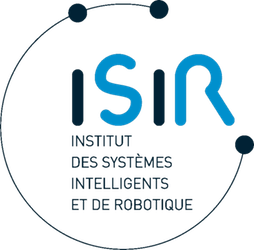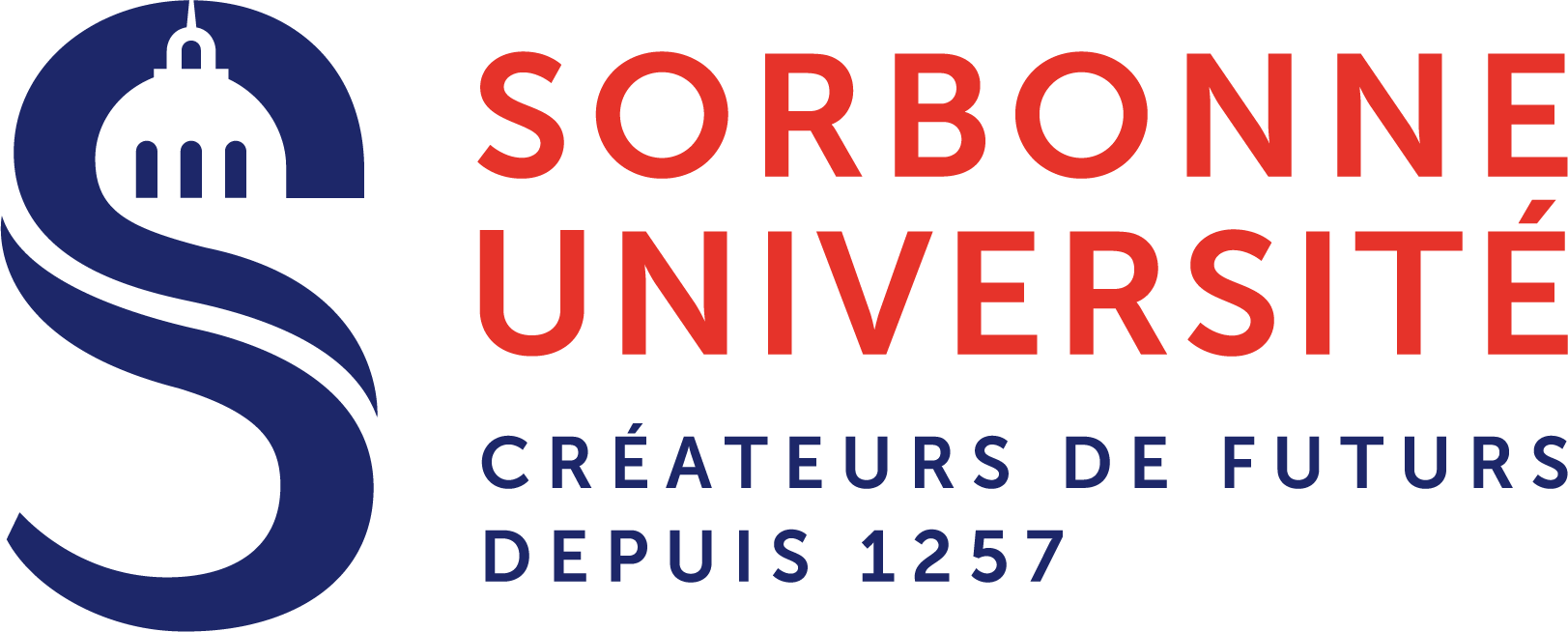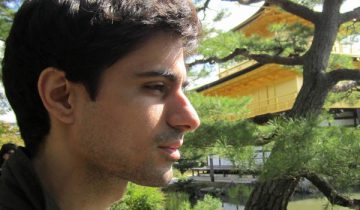When: Dec 13th, 2017, 11:00AM
Where: UPMC, towers 65/66 – room 304 (3rd floor)
Title: “What Neuroscience taught me about Robotics”
Abstract: I have been trying to build autonomous real-time intelligent systems for more than ten years. This took me from computer science academia into applied research, but the goal of synthesizing autonomous behavior adapted to the external environment remained elusive. An opportunity then presented itself to join a rising multidisciplinary PhD program in Systems Neuroscience. In this talk, I will present the two major outputs that resulted from this six-year experience. First, the engineering challenges of measuring brain physiology in freely moving animals resulted in the development of Bonsai, a visual programming language for the rapid prototyping of reactive systems. Second, I will discuss the results of our investigations into the role of motor cortex. We investigated the behavior of rats facing various motor problems, with or without motor cortex. Surprisingly, we found that rats lacking the entire motor cortex do not show any obvious movement impairments. Indeed, their performance is entirely on par with controls, even in dynamic environments, except when presented with unexpected motor challenges that demand fast and flexible readjustment of the entire motor system to a new situation — the kind of challenges where robots also dramatically fail. If given the opportunity to train and repeat the challenging situation over and over, even rats without motor cortex will be able to learn how to adapt and optimize their behavior to overcome the obstacles. It is the resilience and robustness to unexpected failures of control — when the actual motor problem needs to be framed all over again — that seems to be one of the primordial roles of mammalian motor cortex.
Bio: Gonçalo is a software engineer turned neuroscientist, fascinated by the behaviour of intelligent systems. With a background of applied research in virtual and augmented reality, parallel processing and autonomous agents, he joined the Champalimaud Neuroscience program in 2010, hoping to find better ways of building machines that learn by themselves. Gonçalo completed his PhD with Adam Kampff and Joe Paton, trying to understand the role of motor cortex in the control of movement in non-primate mammals. Along the way, he extended his experience making interactive systems to rodents and other animal models. Gonçalo developed the Bonsai visual programming language as a way to rapidly prototype interactive neuroscience experiments.
More:
– UCL Intelligent Systems Lab: kampff-lab.org
– His new company: neurogears.org
Video archive:



